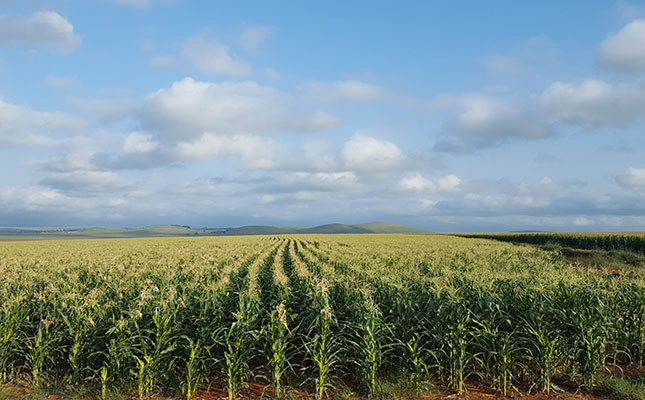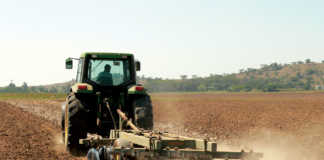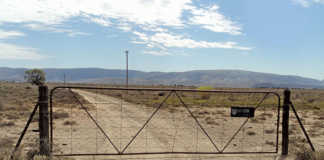
Photo: FW Archive
This also underscored the resilience of local farmers, according to Roelie van Reenen, supply chain executive at the Beefmaster Group.
South Africa’s GDP increased by 1,6% between July and September, the deputy director general of economic statistics at Statistics South Africa (Stats SA), Joe de Beer, announced on 6 December.
The main contributors to the increase, according to Stats SA, were the agriculture, forestry and fishing industries, which showed a combined q/q increase of 19,2% in the third quarter, contributing 0,5 of a percentage point to overall GDP growth.
Van Reenen nevertheless stressed that the sector would have to proceed with caution into the new year.
“Although input costs have shot up, it is expected that farmers could still make a sizeable profit. The weaker rand, together with the [high] maize price, has contributed to farmers’ good fortunes in 2022.
“However, the entire food value chain would be producing for a consumer that would very likely be under severe financial pressure in 2023,” he said.
Meanwhile, the Agbiz/IDC Agribusiness Confidence Index (ACI) recorded a four-point decline in the fourth quarter of this year, dropping to 49.
This was the first time it fell below the neutral 50-point since the second quarter of 2020.
The ACI survey showed that the turnover sub-index fell marginally by one point from the third quarter to 78 points, while the net operating income sub-index fell by four points to 59.
The market share of the agribusiness sub-index dropped by five points to 69.
The employment sub-index moderated by just one point to 59 in the last quarter, indicating that sector would be able to “sustain robust employment levels”.
The general agricultural conditions sub-index fell by two points to 40, which was the lowest level since the fourth quarter of 2019.
According to Wandile Sihlobo, chief economist at Agbiz, the general economic conditions sub-index remained far below the neutral 50 points at 25.
He pointed out in the survey that the debtor provision for bad debt and the financing costs indices fell by five and seven points each to 34 and 4 points respectively.
These indicis were interpreted differently from the others, with a decline viewed as positive, while an uptick signalled growing financial strain.
“These are surprising results, as we had expected that the rising interest rates and input costs would add more pressure on agribusinesses,” he said in a statement.











